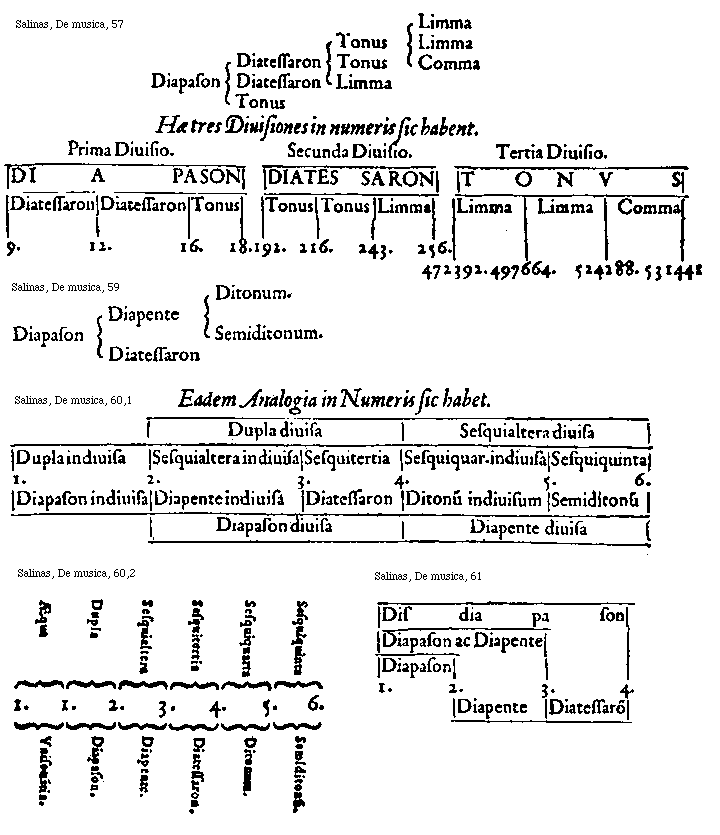
Ŏnĕrārĭus, -a, -um: of or belonging to burden, transport, or carriageĪdflīctō, -āre: agitate, knock-about harass, distress, to be upsetĪdmĭnistro, -āre: help, assist manage, direct, administerįăcultas, - ātis f.: feasibility, possibility, opportunity, power, means resources, stock, abundanceĬomplūres, -es, -a (-ia): several, a fair number of, manyĪrmāmenta, ōrum, n. Incognĭtus, -a, -um: not examined, unknownĬomplĕo, -ēre, -plēvi, -plētum: fill up complete the number of an army, fleet, or legion to man fill one with feeling finish Mărĭtĭmus, -a, -um: of the sea, marine, maritime the sea-coastĪestus, -ūs m.: boiling, agitation, seething Maloney, 'The Semiotics of Roger Bacon,'Mediaeval Studies45 (1983), 12054. An analysis of the key ideas in BaconsDe Signiscan be found in Thomas S. In hiemem: 'for the winter' (Walker) vocabulary The fact thatspeciesare defined as natural signs precludes any identification between a wordsspeciesand the meaning imposedad placitum. Hiemare opportere: 'that they must pass the winter' (Walker) nstabat: 'because it was manifest to all' (Harkness). Omnia quae erant usui: 'all the things which were needed' (Walker) usui: dat. Quibus.possent: a clause of characteristic (Walker)( A&G 535.a). (Moberly) ( A&G 307.d)Įxercitus: here, as often, used of the infantry in contradistinction to the cavalry (Rice Holmes). ‘a thing which could not but happen.’ ‘Id’ is generally prefixed to the relative when a sentence is the antecedent, for the purpose of summing it up in one word, and clearing it to view. Id quod necesse erat: ‘as was bound to happen’ (Kelsey). (Walker)įacultas: 'opportunity (to do a thing)' (Allen & Greenough).įunibus…amissis: ‘on account of the loss of…’ (Kelsey)( A&G 420) ligatae: 'which were riding at anchor' The transports were heavier than the war-ships, and Caesar had not thought it worth the effort to beach them. Yet they had some experience with the tides in the war with the Veneti (Walker).Īdflictabat: 'dashed about' (Allen & Judson) Nostris.incognitum: the Romans were best acquainted with the Mediterranean, where the tides rise only a few inches. The tides in the English channel are notably high, as much as twenty feet, while the rise off the coast of Italy is only a few inches. This tide, helped by the wind, rose much higher (Walker).

The average rise and fall of the tide at Deal is said to be 16 ft.

(Allen & Greenough)Īestus maximos: the "spring" tide. The storm and the tide wreck Ceasar's fleet.Įadem nocte: According to astronomical calculation, this was on the night of August 30th, 55 BC (Harkness).


 0 kommentar(er)
0 kommentar(er)
